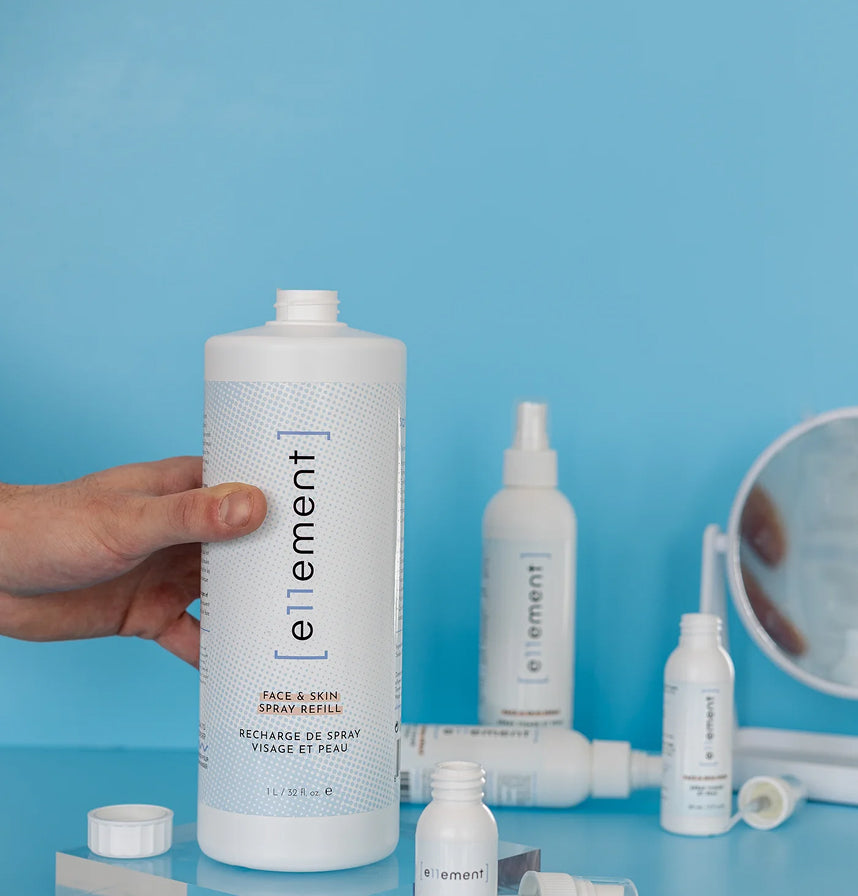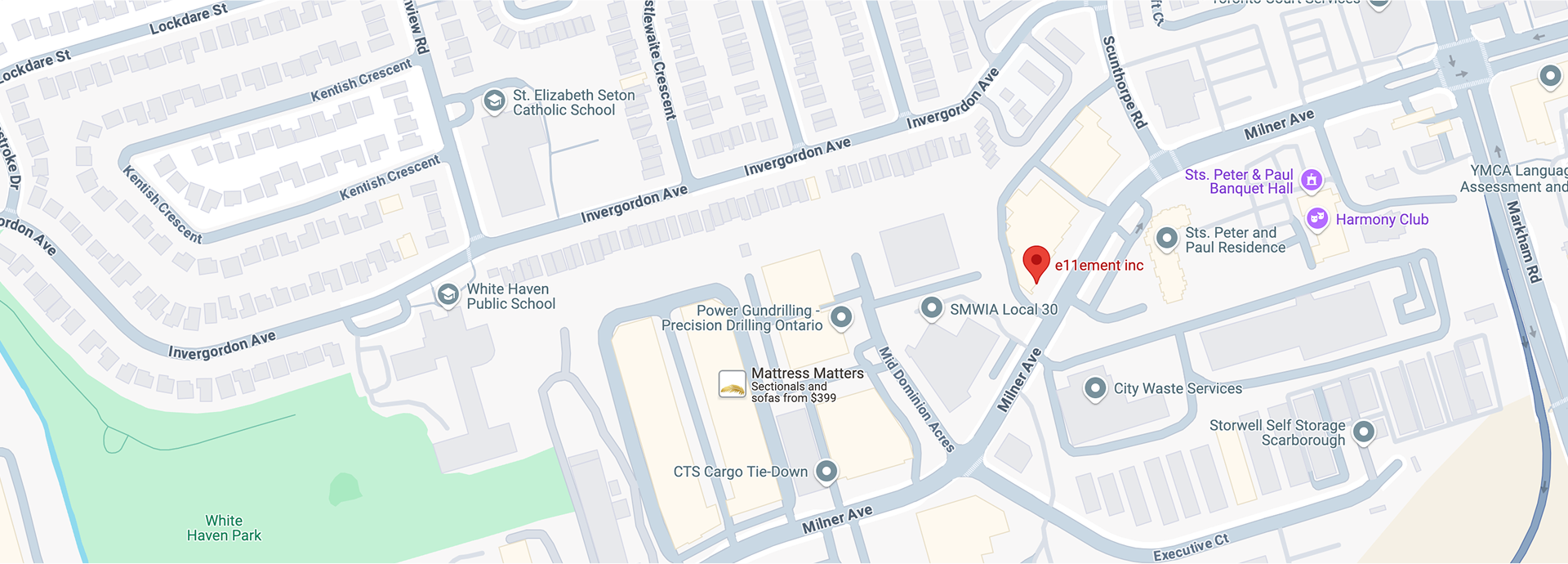Skincare routines are constantly evolving, with new products and ingredients claiming to provide better results. One ingredient that has gained considerable attention in recent years is hypochlorous acid. This powerful compound, once mainly associated with medical and cleaning applications, is now making waves in the skincare industry for its gentle yet effective properties. In this article, we’ll explore how hypochlorous acid transforms your skincare routine, focusing on its benefits and practical applications.
What is Hypochlorous Acid?
Hypochlorous acid (HOCl) is a naturally occurring substance produced by the human immune system to combat infections and heal wounds. It is known for its antibacterial, antiviral, and anti-inflammatory properties, making it highly effective in treating various skin issues. HOCl has been used in medical settings for wound care, but its application in skincare is now gaining momentum due to its gentle yet powerful action on the skin.

The Science Behind Hypochlorous Acid
Antibacterial and Anti-Inflammatory Properties
One of the primary ways hypochlorous acid benefits the skin is through its antibacterial properties. It effectively kills bacteria without causing irritation or damaging the skin barrier, making it ideal for sensitive skin types. Many skincare products contain harsh chemicals to fight bacteria, which can lead to dryness, redness, or peeling. In contrast, HOCl fights bacteria gently, reducing the risk of adverse reactions.
Moreover, its anti-inflammatory properties help calm irritated skin, making it beneficial for conditions like acne, rosacea, and eczema. By reducing inflammation, hypochlorous acid can minimize redness and swelling, leading to a clearer and more even complexion.
Hypochlorous Acid and Wound Healing
Hypochlorous acid plays a crucial role in the body's natural wound-healing process. When applied topically in skincare products, it can accelerate healing by promoting skin regeneration and repair. This makes it an excellent choice for those dealing with blemishes, acne scars, or minor cuts and abrasions.
Additionally, HOCl helps prevent infections in wounds by killing harmful bacteria, keeping the skin clean and promoting faster recovery. This dual action of healing and protection makes it a versatile ingredient in various skincare products.
Why You Should Incorporate Hypochlorous Acid into Your Routine
Safe for All Skin Types
One of the most significant advantages of hypochlorous acid is its safety profile. Unlike other harsh chemicals often found in acne treatments or cleansers, HOCl is gentle enough for all skin types, including sensitive, dry, or oily skin. Even those with conditions like eczema or psoriasis can benefit from its soothing and protective effects.
Because hypochlorous acid is a naturally occurring substance in the human body, the chances of an allergic reaction are minimal. This makes it a great option for individuals looking to simplify their skincare routine without compromising on effectiveness.
Versatility in Skincare
Hypochlorous acid can be found in various skincare products, including facial sprays, toners, cleansers, and serums. Its versatility allows it to be incorporated into any part of your routine, whether you need a quick refresh throughout the day or a treatment for specific skin concerns like acne or redness.
For example, a facial mist containing hypochlorous acid can be used after cleansing to tone the skin and prepare it for moisturization. It can also be applied throughout the day to calm irritation or refresh the skin without disrupting makeup.
Acne Treatment
For those struggling with acne, hypochlorous acid offers an effective, non-irritating solution. Acne is often caused by bacteria trapped in clogged pores, leading to inflammation and breakouts. Because of HOCl’s ability to kill bacteria and reduce inflammation, it addresses the root cause of acne without stripping the skin of its natural oils or causing further irritation. As a result, you can expect fewer breakouts and faster healing of existing blemishes.
Reducing Redness and Irritation
Many skincare products can trigger redness, especially for people with sensitive or reactive skin. Hypochlorous acid helps combat this by calming inflammation and reducing visible redness. Regular use of HOCl can lead to a more even complexion, with fewer instances of flare-ups from environmental factors or product irritation.
Boosting the Skin's Defense Mechanism
Another way hypochlorous acid transforms your skincare routine is by boosting the skin's natural defense mechanism. HOCl supports the skin's barrier function, which is essential for protecting against external aggressors like pollution, UV rays, and harmful microbes. By strengthening this barrier, hypochlorous acid helps maintain the skin’s hydration levels and prevents damage from environmental stressors.
How to Use Hypochlorous Acid in Your Skincare Routine
Step-by-Step Guide
Incorporating hypochlorous acid into your skincare routine is simple, and it can enhance the effectiveness of your existing products.
- Cleanse: Start by using a gentle cleanser to remove makeup, dirt, and impurities from the skin.
- Tone: After cleansing, spritz a facial mist or apply a toner containing hypochlorous acid. This will not only hydrate your skin but also kill any lingering bacteria and reduce inflammation.
- Treat: If you're dealing with acne or blemishes, use a spot treatment with HOCl to target specific areas. Its antibacterial properties will help reduce the severity of breakouts and promote faster healing.
- Moisturize: Follow up with your regular moisturizer to lock in hydration and further protect the skin barrier.
- Refresh: Throughout the day, you can use a hypochlorous acid facial mist to refresh your skin, calm irritation, and keep your complexion clear.
Pairing with Other Products
Hypochlorous acid can be easily paired with other skincare ingredients. For instance, you can use it alongside hyaluronic acid for extra hydration or combine it with niacinamide to further reduce inflammation and strengthen the skin barrier. Since HOCl is non-reactive and gentle, it won’t interfere with most active ingredients in your routine.
Conclusion
Hypochlorous acid is a game-changing ingredient in skincare. From its antibacterial and anti-inflammatory properties to its ability to support wound healing and calm irritated skin, it offers a multitude of benefits. Whether you’re struggling with acne, redness, or simply looking for a way to enhance your skincare routine, incorporating hypochlorous acid can lead to healthier, clearer skin.
By adding HOCl to your daily regimen, you’ll notice a transformation in your complexion, as it works to protect, heal, and nourish your skin. With its gentle nature and wide range of applications, hypochlorous acid is a must-have for anyone serious about skincare.























